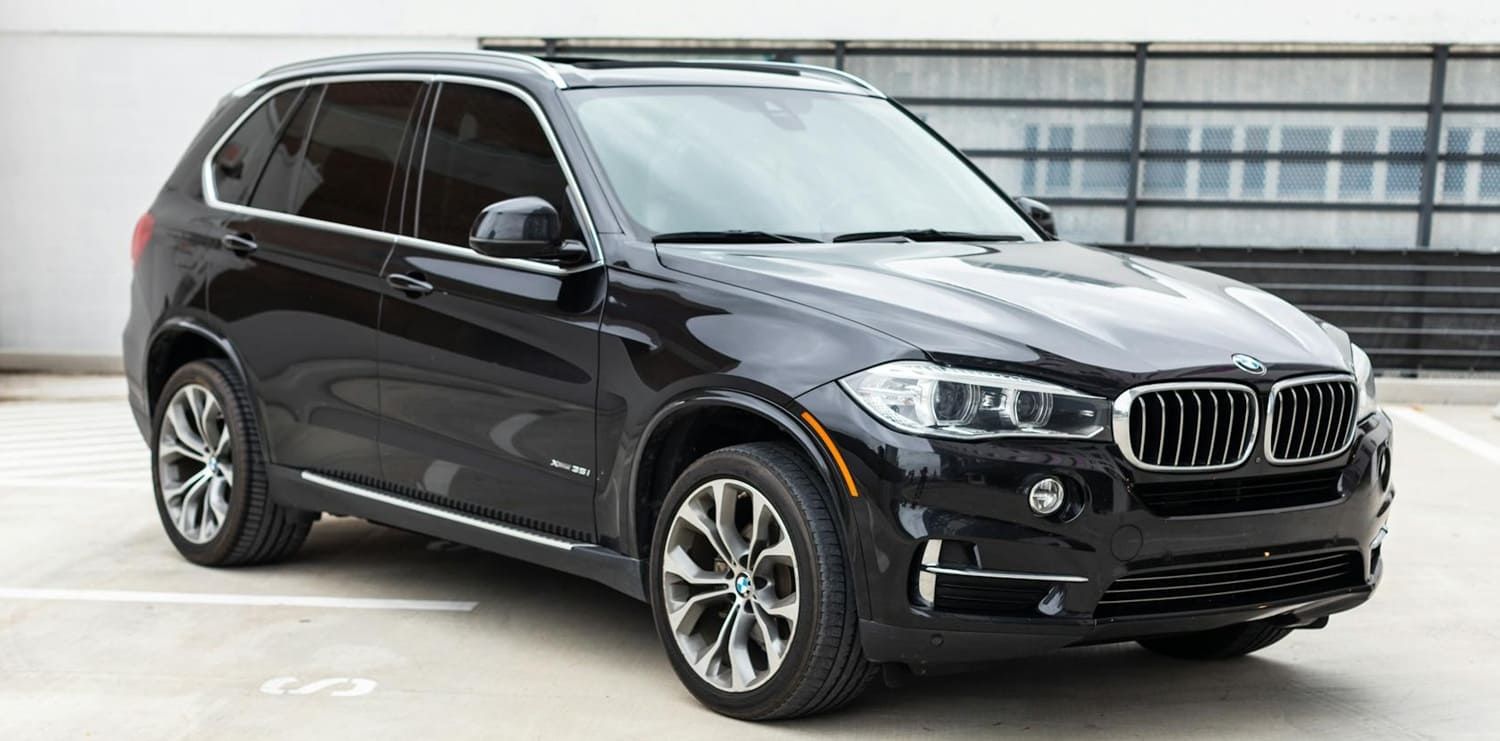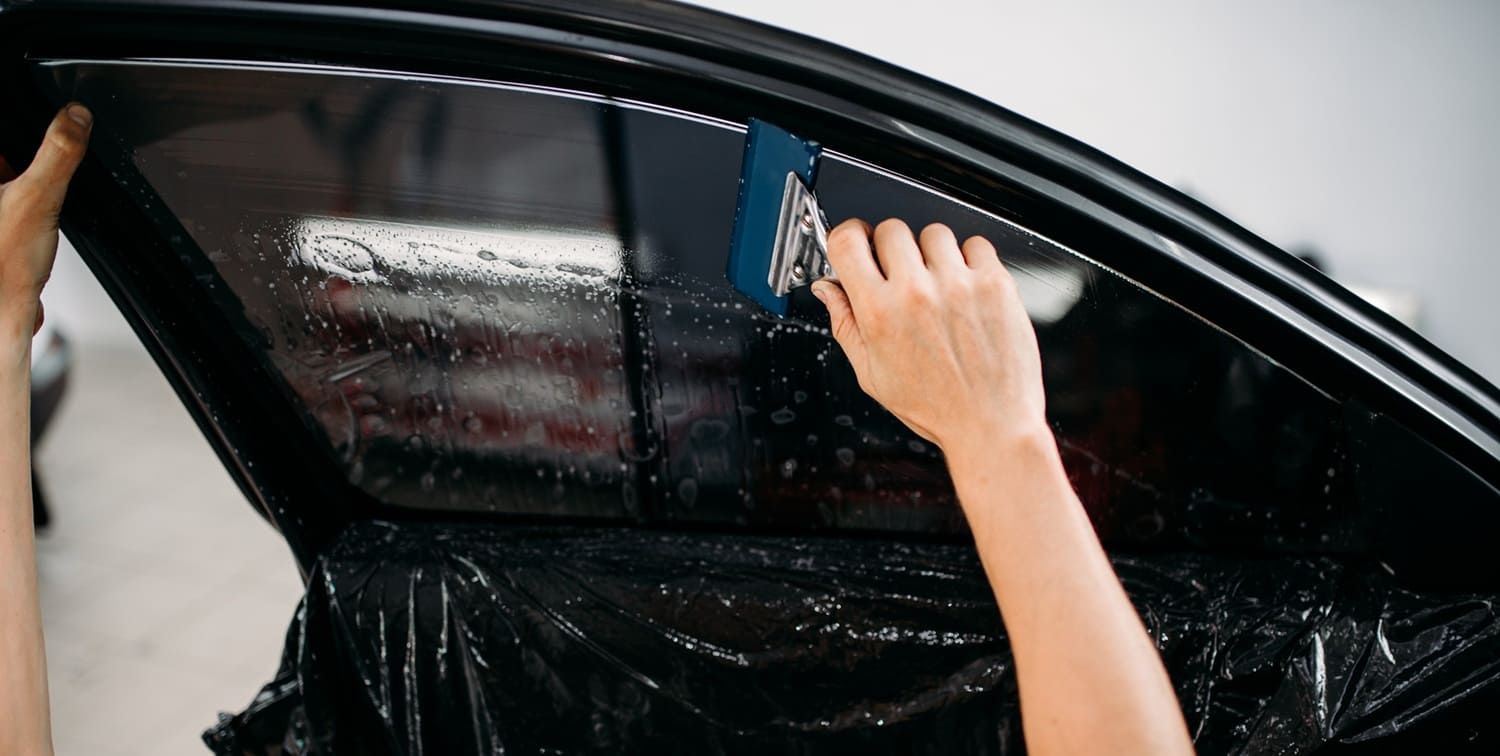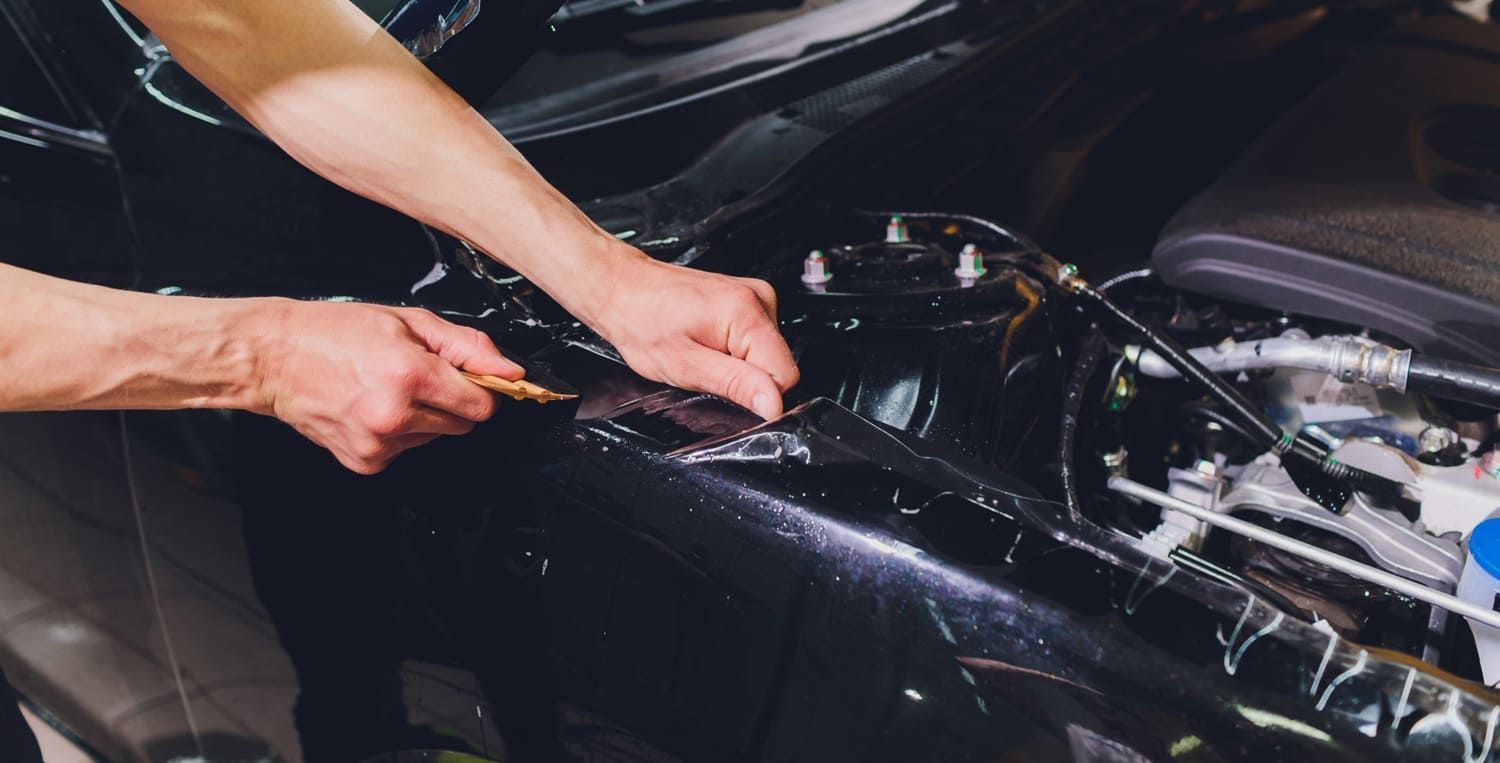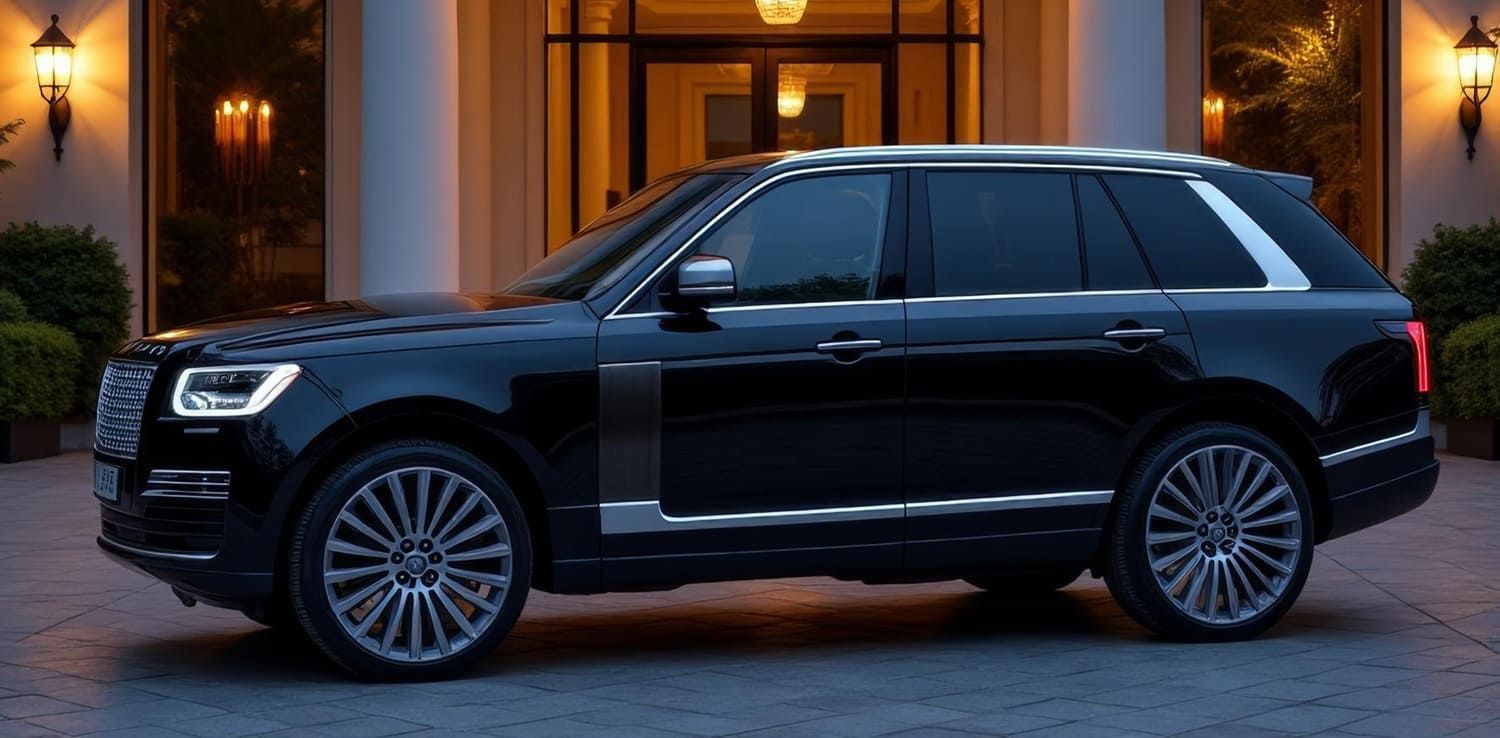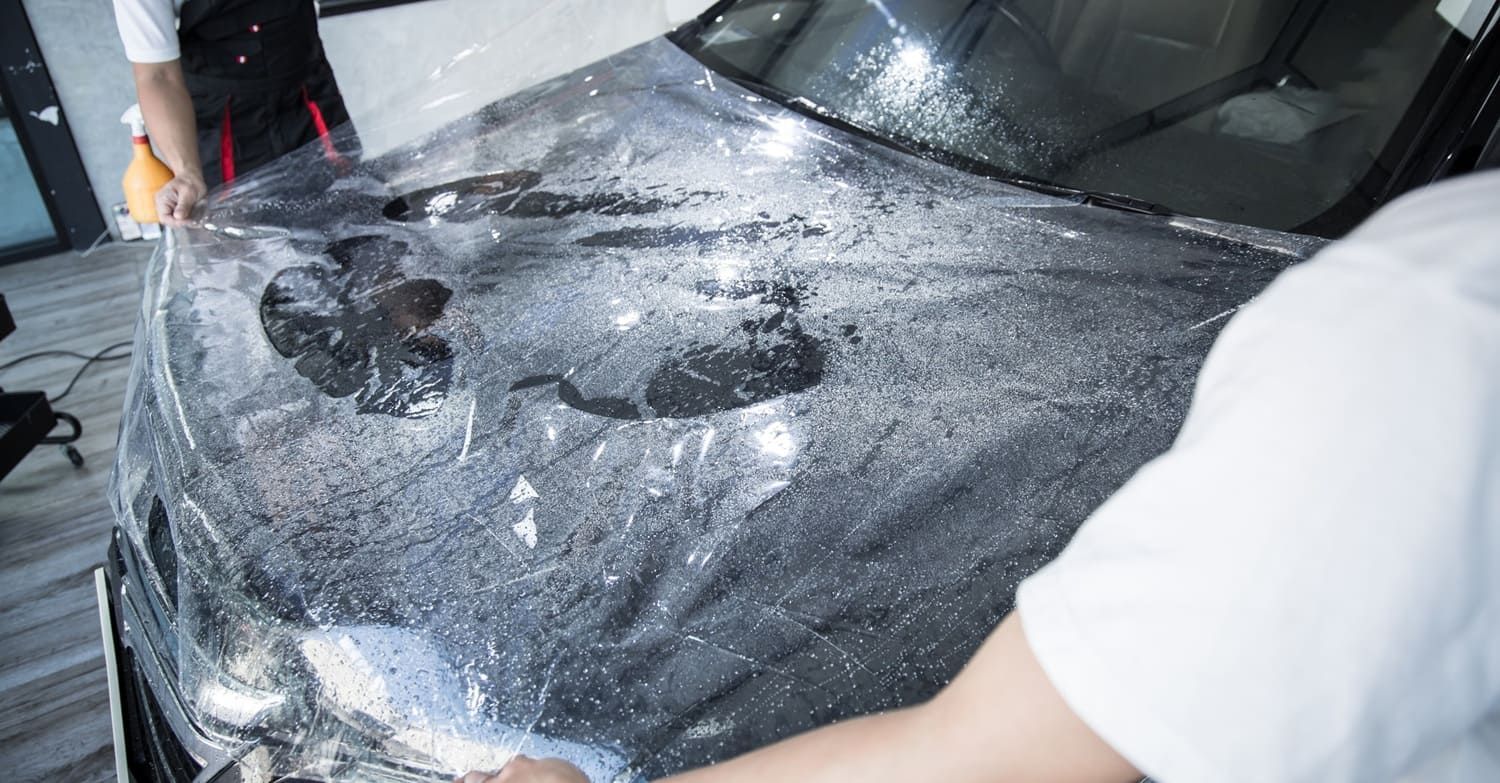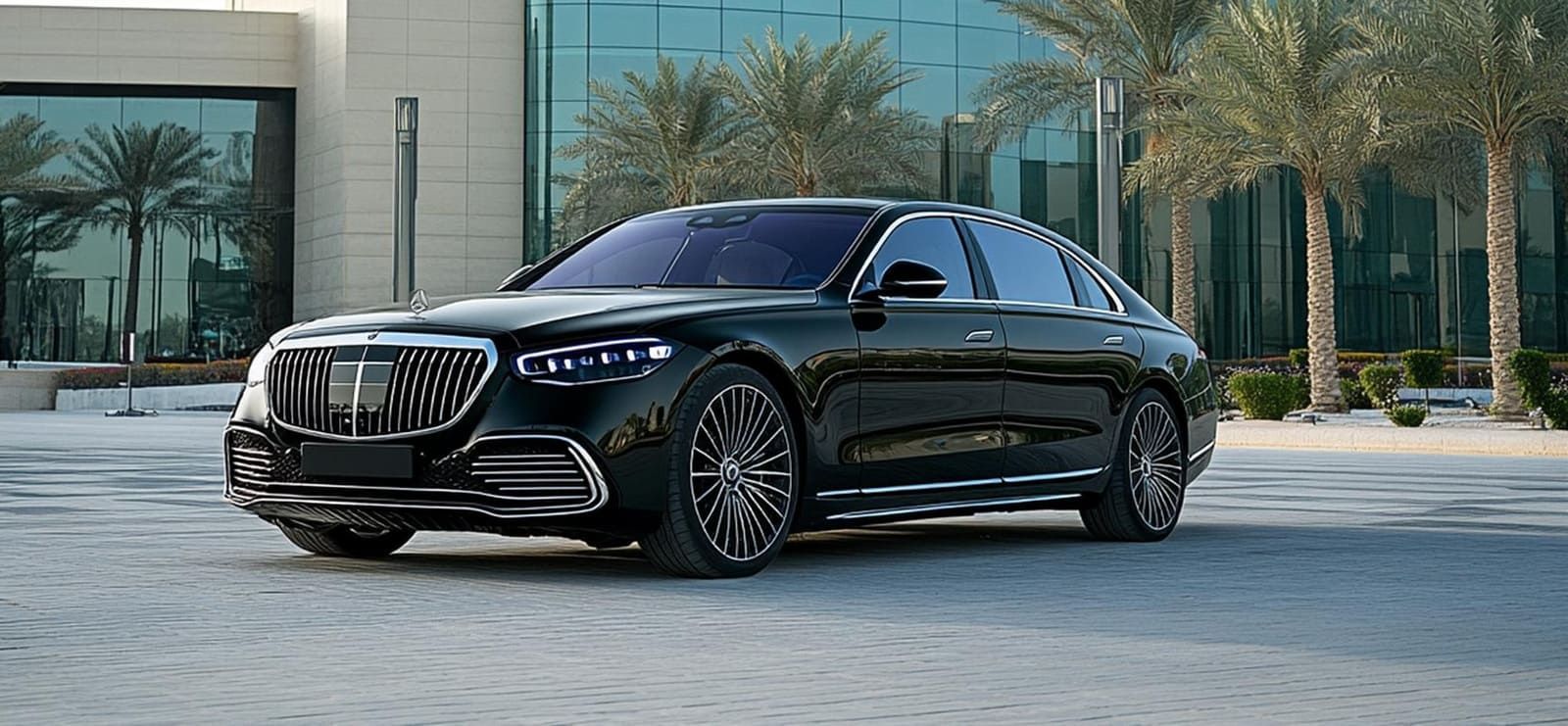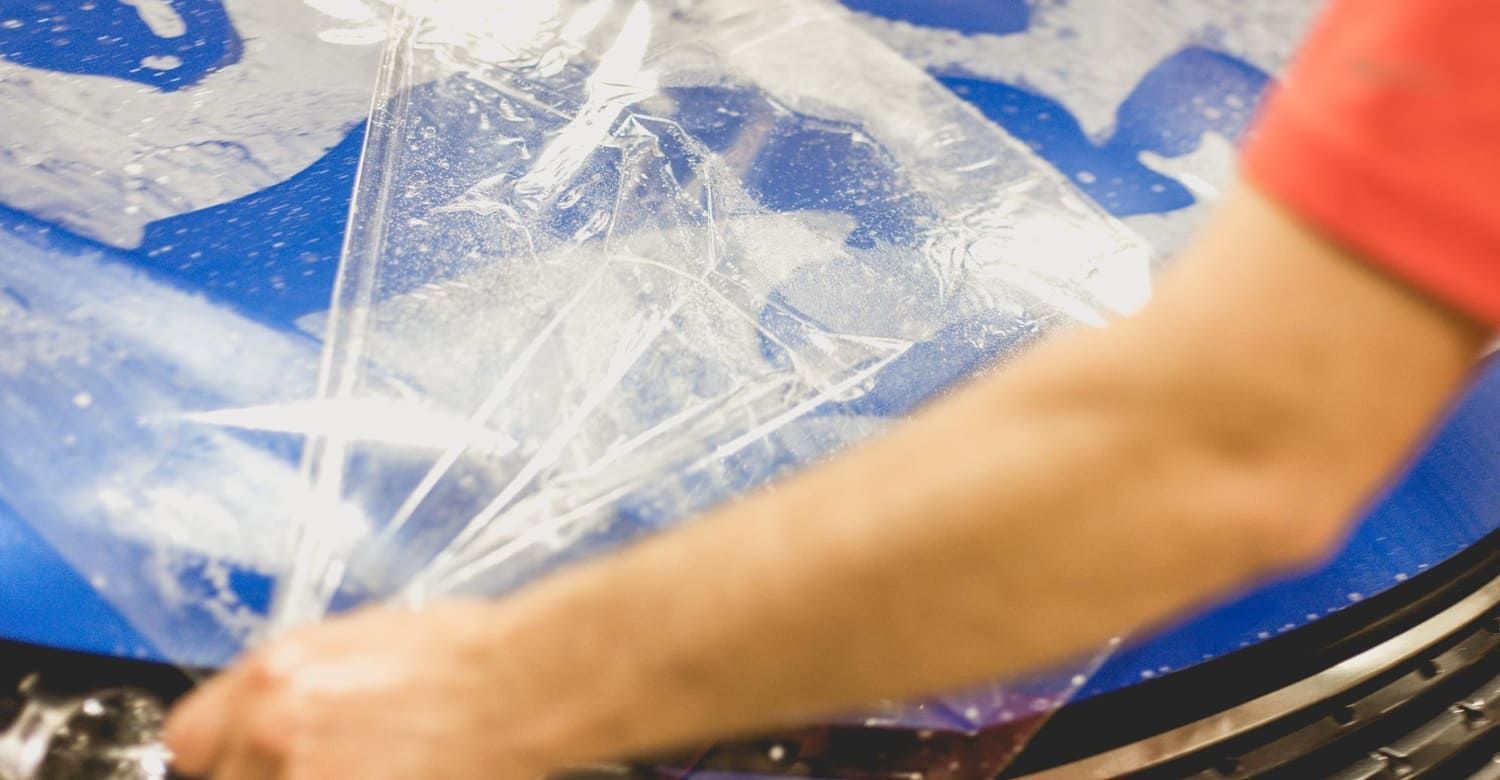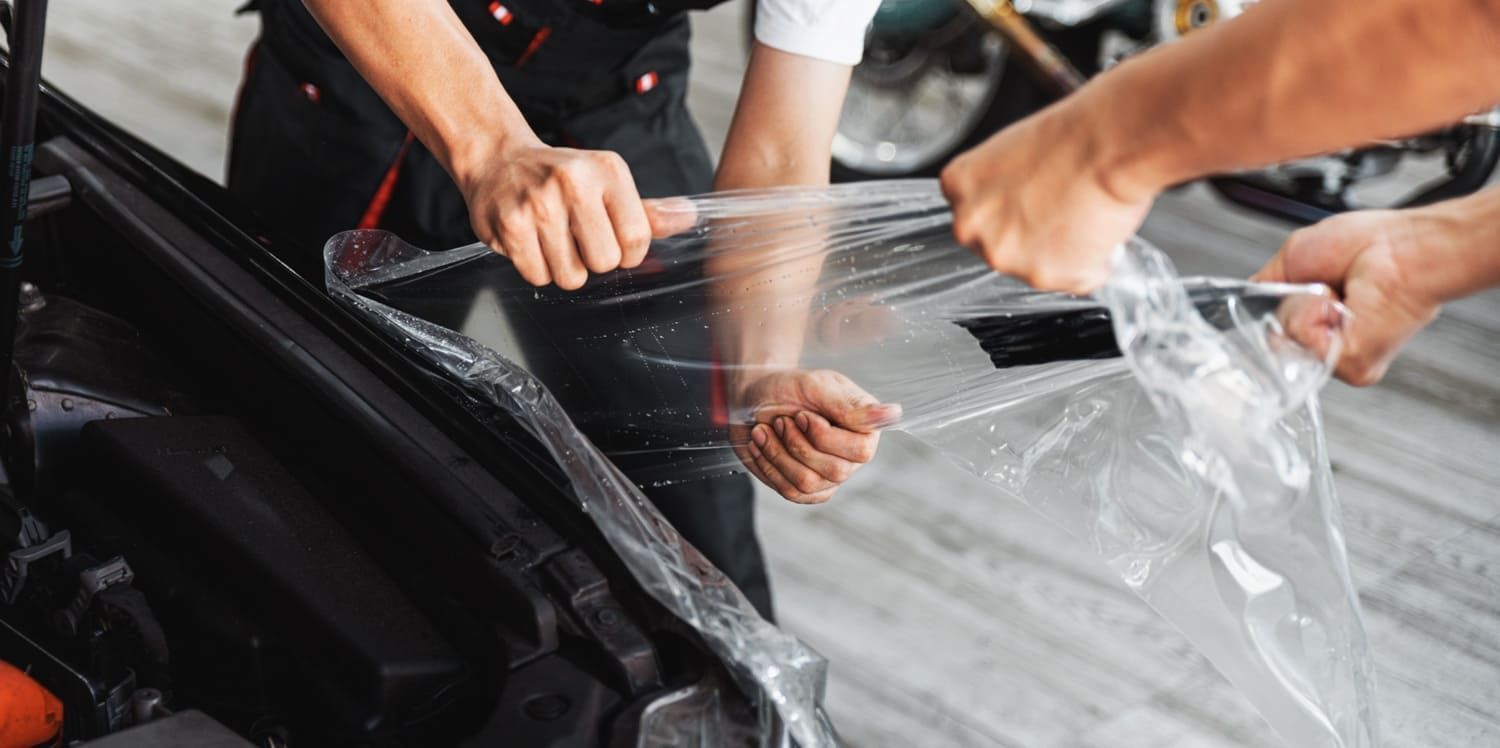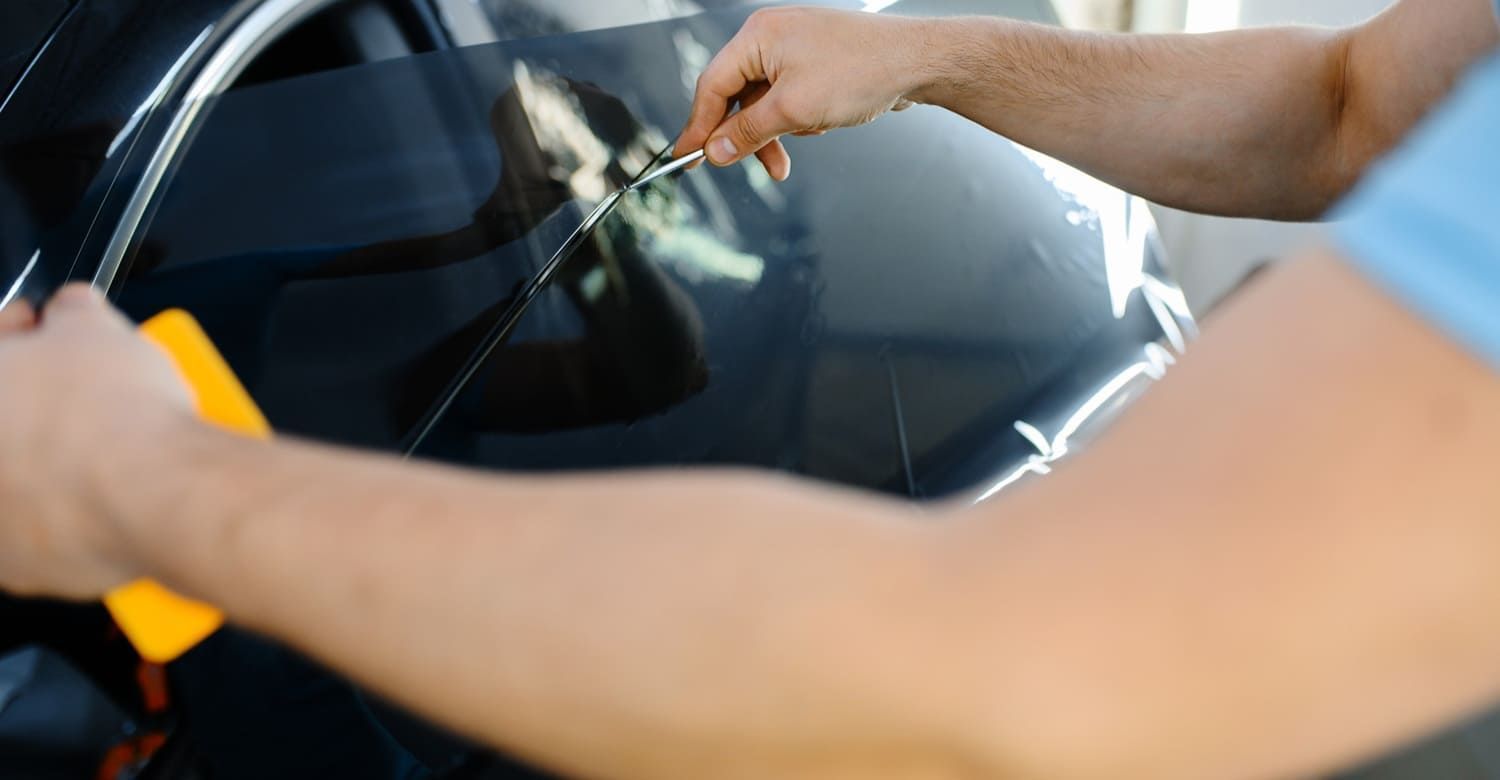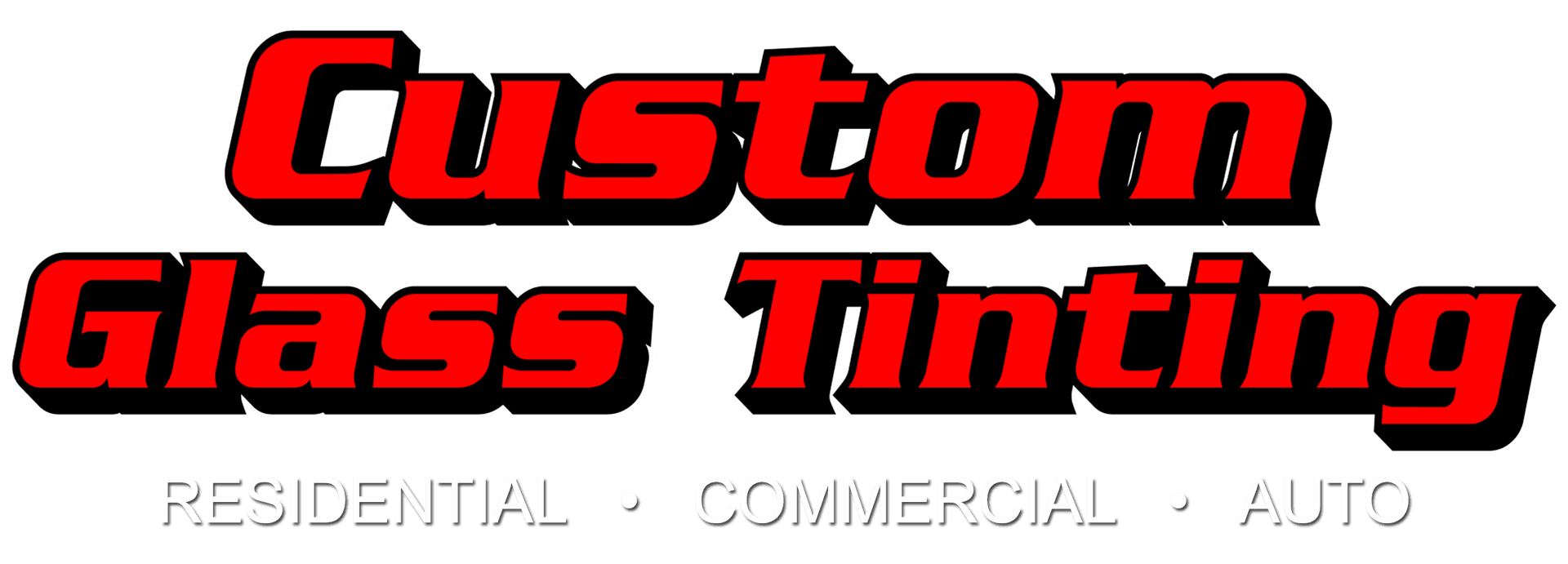Dyed, Ceramic, or Carbon Window Tint: Which Option Is Best for You?
Key Takeaways
- Dyed tints are easy on the wallet but may need replacing sooner due to fading.
- Ceramic tints offer excellent UV protection and don't mess with electronics, though they're pricier.
- Carbon tints are tough, provide solid heat rejection, and won't interfere with your gadgets.
- Consider your area's weather and your budget when picking a tint.
- Getting your tint installed by a pro can make it last longer and work better.
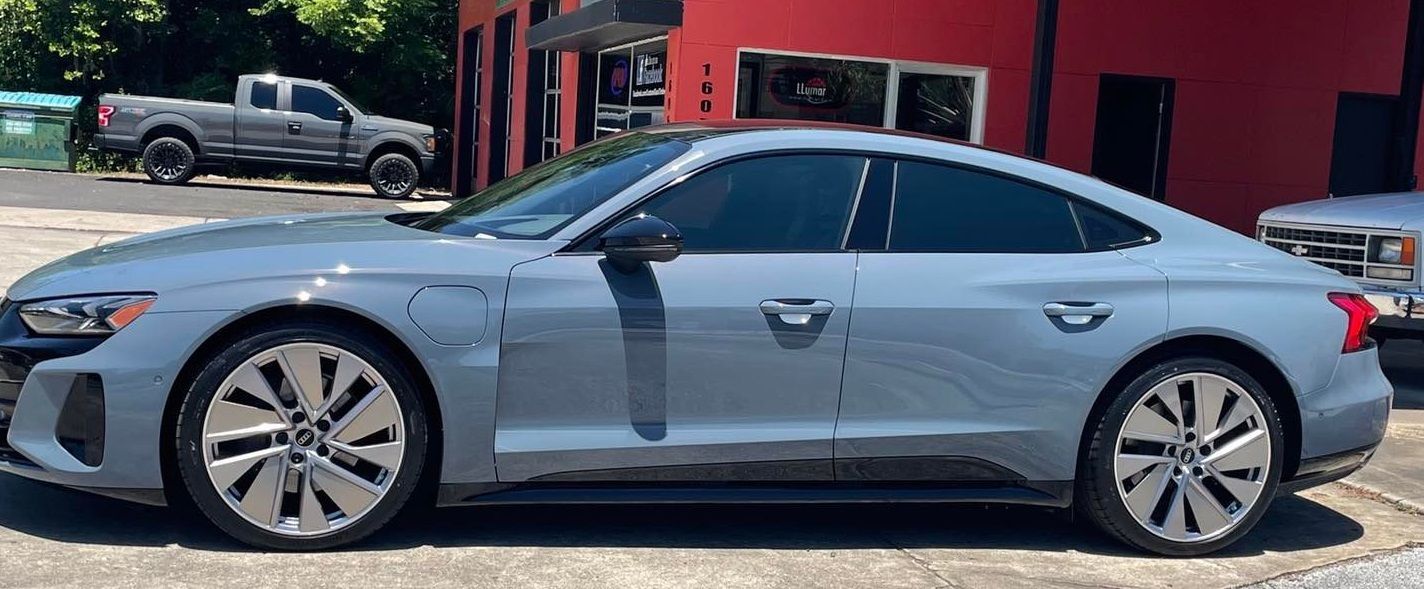
Understanding the Basics of Window Tinting
What is Window Tinting?
Window tinting involves applying a thin film to the interior or exterior of car windows. This film reduces the amount of sunlight that enters the vehicle, providing a range of benefits from UV protection to improved aesthetics. It's not just about making your car look cool; it's about enhancing the driving experience by managing light and heat.Benefits of Window Tinting
- UV Protection: Tinted windows shield you and your passengers from harmful ultraviolet rays, which can cause skin damage and fade your car's interior.
- Heat Reduction: By blocking a significant portion of solar heat, window tinting keeps your car cooler, reducing the need for air conditioning.
- Glare Reduction: Tints cut down on glare from the sun and headlights, making driving safer and more comfortable.
- Increased Privacy: Tinted windows make it harder for outsiders to see inside your vehicle, offering an extra layer of privacy.
- Aesthetic Appeal: Besides functionality, tinting gives your car a sleek and stylish appearance.
Types of Window Tinting Films
- Dyed Films: These are the most basic and cost-effective, offering a non-reflective finish that absorbs solar heat but may fade over time.
- Metalized Films: Contain tiny metallic particles that reflect heat and provide a shiny finish, though they can interfere with electronic signals.
- Carbon Films: Known for their durability and ability to block infrared light, these films do not interfere with electronics and offer a matte finish.
- Ceramic Films: Top-of-the-line films that provide superior heat rejection and UV protection without affecting electronic signals.
Exploring Dyed Window Tint
Advantages of Dyed Tint
When it comes to window tinting, dyed tint is often the go-to choice for many car owners. It's a classic option that offers several benefits:- Affordability: Dyed window tint is typically the least expensive option available, making it an attractive choice for budget-conscious individuals.
- Aesthetic Appeal: This tint provides a sleek, non-reflective matte finish that adds a stylish look to your vehicle without the shiny appearance of other tints.
- Privacy: It offers a reasonable level of privacy by making it harder for outsiders to see into your car.
- Glare Reduction: Dyed tint helps reduce glare from sunlight and headlights, which can make driving more comfortable.
Limitations of Dyed Tint
Despite its benefits, dyed window tint does have some drawbacks that you should consider:- Limited Heat Rejection: While it can absorb some heat, dyed tint is not as effective at heat rejection compared to other types like ceramic or carbon tints.
- UV Protection: It provides basic UV protection, but not as much as other tints.
- Durability: Over time, dyed tints can fade and may require replacement sooner than other types.
Cost-Effectiveness of Dyed Tint
Dyed window tint is a cost-effective solution for those looking to enhance their vehicle's appearance and enjoy some privacy without spending too much. It's an excellent choice if you're on a tight budget and don't require high-performance heat rejection or UV protection. However, keep in mind that while the initial cost is low, the potential need for more frequent replacements could add up over time.For those who prioritize affordability and aesthetics, dyed window tint could be the perfect fit. Just remember, while it might not offer the same level of protection as pricier options, it still provides a stylish upgrade and some comfort on the road.
The Benefits of Ceramic Window Tint
Heat Rejection and UV Protection
Ceramic window tint is like having a personal sun shield for your car. It does a fantastic job of blocking out 45 to 50 percent of the sun's heat, which means you won't feel like you're roasting in an oven during those scorching summer days. Plus, it blocks up to 99% of harmful UV rays. This means you're not just keeping your car cool, but also protecting your skin and your car's interior from sun damage. No more worrying about your seats or dashboard fading in the sun.Durability and Scratch Resistance
When it comes to standing the test of time, ceramic tints are solid contenders. They're built to last, resisting fading, bubbling, and peeling, so you won't have to think about replacing them anytime soon. They also offer a level of scratch resistance that keeps your windows looking sharp and clean. It's like having a protective shield that keeps your car looking newer for longer.Impact on Electronic Signals
One of the standout features of ceramic window tint is that it doesn’t interfere with electronic signals. Unlike some other tints that might mess with your cell phone, GPS, or radio reception, ceramic tints keep your tech working smoothly. This means you can enjoy all your gadgets without any annoying interruptions or static.Why Choose Carbon Window Tint?
Heat and Light Absorption
Carbon window tint is infused with carbon particles that excel in absorbing sunlight, particularly the infrared rays that bring in heat. This feature helps keep your car's interior cooler, reducing the need for air conditioning. Less AC usage not only saves fuel but also leads to a more comfortable ride. Besides, carbon tint cuts down on glare, making driving safer by minimizing distractions from bright sunlight.Durability and Fade Resistance
One of the standout qualities of carbon window tint is its durability. Unlike some other tints that might fade or change color over time, carbon tint maintains its appearance and effectiveness for years. It's resistant to scratches and won't bubble or peel easily, making it a reliable choice if you want a tint that can withstand daily wear and tear. This means you get lasting protection and style without frequent replacements.Cost-Effectiveness
While not the cheapest option available, carbon window tint offers great value for money. Its durability means you won't have to replace it as often as other types of tint, saving you money in the long run. Plus, the energy savings from reduced air conditioning use can add up, making it a smart investment for both your wallet and your comfort.Carbon window tint strikes a balance between performance and cost, making it a popular choice for many car owners. Its ability to absorb heat and light, combined with its durability, ensures that your vehicle stays cool and looks great without breaking the bank.
Comparing Ceramic and Carbon Window Tints
Performance in Different Climates
Ceramic and carbon window tints both offer solid performance in varying climates, but there are some differences. Ceramic tints are known for their superior heat rejection, which makes them ideal for hotter climates. They help keep your car's interior cooler by blocking out more infrared light, which is the main culprit for heat buildup. Carbon tints also perform well in reducing heat but might not be as effective in extremely hot conditions. Both types, however, provide excellent UV protection, which is beneficial regardless of the climate.Clarity and Visibility
When it comes to clarity and visibility, ceramic tints often have the upper hand. They provide a clearer view without altering the natural color of what you see outside. This is particularly useful for night driving, where visibility is crucial. Carbon tints, while effective, can sometimes give a slightly darker or tinted view, which might not be as clear as ceramic options. If maintaining visibility is a top priority for you, ceramic might be the way to go.Price and Value
Price is always a consideration when choosing window tints. Generally, carbon tints are more budget-friendly compared to ceramic tints. However, ceramic tints, despite their higher initial cost, offer long-term value with their durability and superior performance. They don't fade over time and are more resistant to scratches, which means they often last longer than carbon tints. If you're looking for a cost-effective solution, carbon tints provide good performance at a lower price point, but if you're willing to invest a bit more upfront, ceramic tints could offer better value over time.Choosing between ceramic and carbon window tints depends on your specific needs and budget. While ceramic tints offer better heat rejection and clarity, carbon tints provide a cost-effective alternative with good overall performance. Consider what matters most to you—be it cost, clarity, or climate performance—before making a decision.
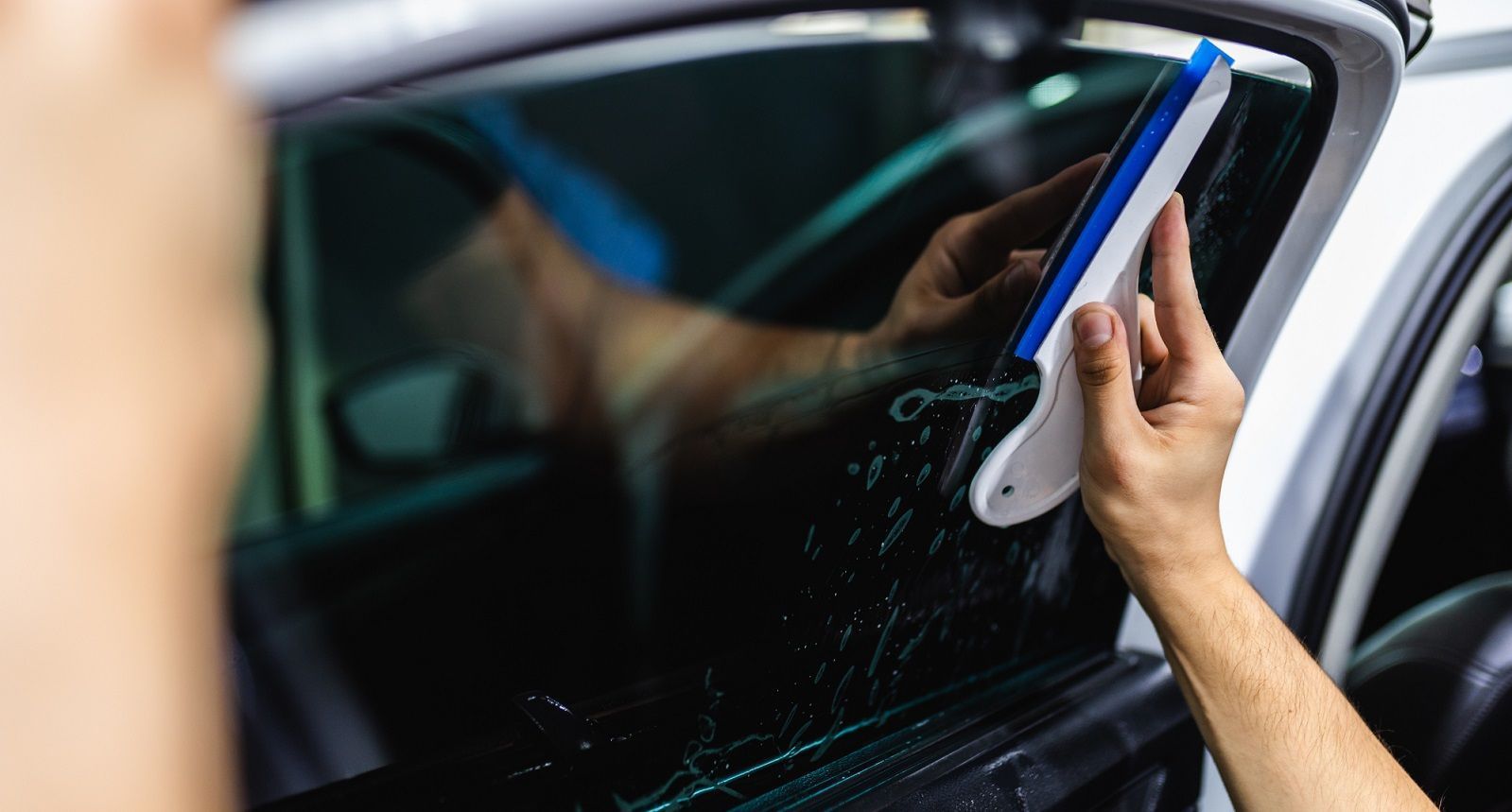
Choosing the Right Tint for Your Vehicle
Factors to Consider
When picking window tint for your car, it's not just about looks. Think about what you need most: privacy, heat reduction, or maybe UV protection? Your budget plays a big role too. Here's a quick breakdown:- Budget: Dyed tints are usually the cheapest. Ceramic tints, while more expensive, offer better performance.
- Climate: If you live somewhere sunny, you might want a tint with high heat rejection.
- Local Laws : Check the rules in your area about how dark your tint can be.
Consulting with Professionals
Talking to a professional can make a huge difference. They know what works best for different cars and needs. Plus, they'll install it better than if you try doing it yourself. Don't be shy to ask questions and get advice before deciding.Professional Installation vs. DIY
Considering whether to install the tint yourself or hire a pro? Here's what to think about:- Skill Level: Installing tint isn't as easy as it seems. A professional has the experience and tools to do it right.
- Time and Effort: DIY might save money upfront, but it can be time-consuming and tricky.
- Quality: A pro installation usually looks better and lasts longer.
Picking the right window tint isn't just about style. It's about comfort and making sure you follow the rules. Take the time to weigh all your options to find the best fit for your vehicle.
Wrapping It Up: Choosing the Right Tint for You
So, there you have it. Picking the right window tint for your car isn't just about looks—it's about what you need. If you're on a budget, dyed tints are your go-to. They get the job done without breaking the bank. But if you're after something more, like better heat rejection or UV protection, carbon and ceramic tints are worth the extra bucks. Carbon tints are solid for keeping things cool and not messing with your gadgets. Ceramic tints, though, are the top dogs—offering the best protection and durability.At Custom Glass Tinting , an Exclusive LLumar SelectPro Dealer in Gainesville, FL , we ensure that your window tint is professionally installed for maximum performance and durability. Just remember, whatever you choose , make sure it's installed by a pro. A good installation makes all the difference. Contact us today for a free estimate and let us help you achieve the perfect tint that meets your needs and enhances your vehicle's style and functionality. Happy tinting!
Frequently Asked Questions
What are the different kinds of window tint?
The main types of window tint are dyed, ceramic, and carbon. Each has its own perks and downsides.
Why is ceramic window tint a good choice?
Ceramic window tint is excellent for blocking heat and UV rays, and it doesn't interfere with electronic signals. It's also very durable.
How does carbon window tint help my car?
Carbon window tint helps by blocking heat and UV rays, keeping your car cooler and protecting the interior from sun damage.
Is dyed window tint a good option?
Dyed window tint is affordable and provides basic UV protection, but it might fade over time and isn't as durable as other options.
What should I consider when picking a window tint?
Think about your budget, the climate you live in, and whether you want to install it yourself or hire a pro.
Does window tint affect electronic devices?
Ceramic and carbon tints do not interfere with electronic devices, but some metalized tints might.

